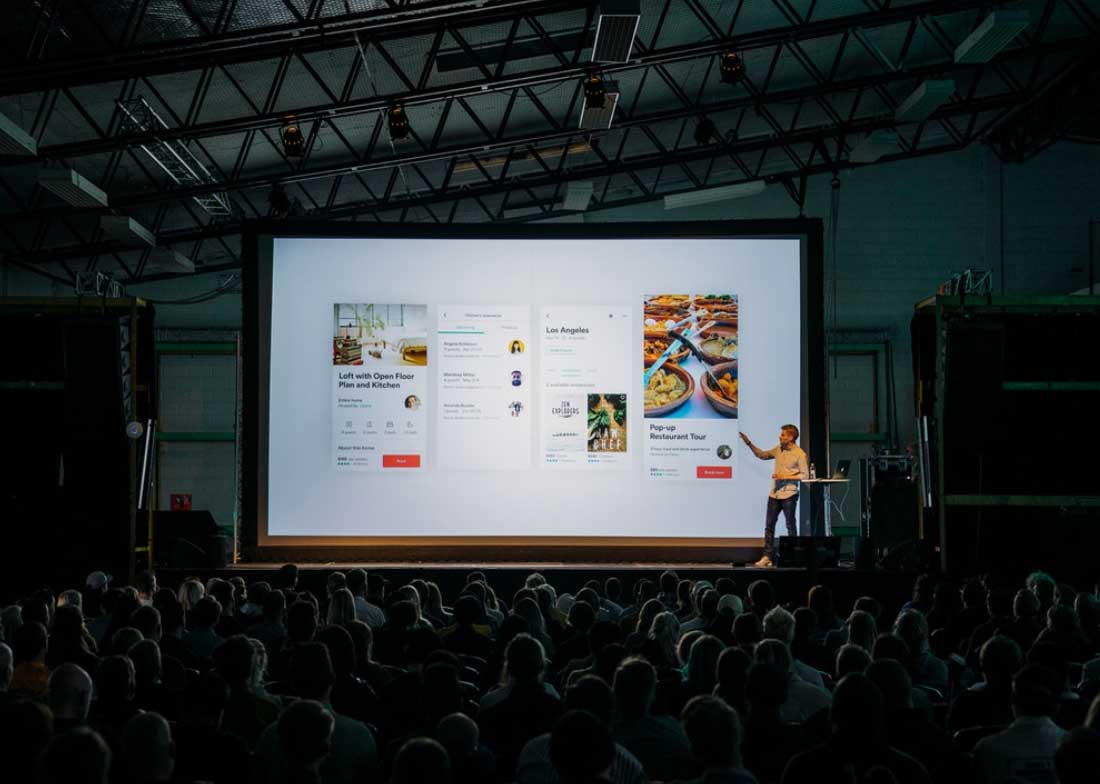Your Checklist for Organizing a Sustainable Event
With sustainability taking the world by storm, waste-generating events are things of the past. In a world of climate change and environmental flux, we all need to do our bit to advance the cause of sustainability. Events are a fantastic way to show your commitment to an eco-friendly future.
 If you’re new to organizing sustainable events, then you may be wondering where to start. What swaps can you make without compromising on style or enjoyment?
If you’re new to organizing sustainable events, then you may be wondering where to start. What swaps can you make without compromising on style or enjoyment?
What are the non-negotiables you’ve got to have in place to score highly on the sustainability scale? Our handy checklist will whip your event into a notably-greener shape in no time – so get organising, and do the world proud.
1. The venue
As a prospective client, it’s your right to inquire about how sustainable a particular venue is.
Are there energy-saving hand dryers in the bathrooms?
Is the heating or air-con system as efficient as it could be?
How close is the venue to public transport, so that you can mitigate the amount of car emissions your guests create on their way to the event?
Venues make up such a large portion of an event’s environmental footprint that getting answers to questions like these is vital. Learn how you can choose a greener venue here.
2. The light
Artificial light chews up a lot of energy, especially when you need to light an expansive venue. If you can, then, try to schedule your event for the summertime or hire venues that capitalize on the natural light. That way, switching the lights on becomes a Plan B, rather than the default setting.
3. The tickets
Wherever possible in the event planning process, you want to eliminate paper in favor of digital systems which do the same job. Tickets are one example: particularly if you’re organizing a larger event like a wedding or a conference, all those invites can really add up.
Luckily, there are some excellent online ticket management systems out there which will remove the need for paper copies, going completely digital. Online ticket management systems make it much easier for the event manager to keep track of who’s RSVP’d, who’s got special dietary requirements, guest-lists and so on. Plus, your guests are much less likely to lose their iPhone than a one-time ticket!!
4. The food
 When it comes to food, always hire local restaurants or caterers. Going local doesn’t have to be fancy or expensive. For many events, food trucks do just the trick, creating a festival-like vibe with locally-sourced produce to boot.
When it comes to food, always hire local restaurants or caterers. Going local doesn’t have to be fancy or expensive. For many events, food trucks do just the trick, creating a festival-like vibe with locally-sourced produce to boot.
If you can procure caterers who have a sustainable ethos, that’s even better. Vegetarian, organic, fair-trade oriented caterers are the way to go, so ask around your area for viable options.
Delicious, sustainable food is all but guaranteed. Not only that, but environmentally-minded vendors often serve their fare on biodegradable plates. They’ll also take care of the composting and cleaning that is part-and-parcel of food service. Meanwhile, you can rest easy knowing that your event isn’t contributing to a landfill-like situation of wasted food and packaging.
5. The extras
There are so many additional extras to consider when event-planning that we couldn’t possibly cover them all in one single guide. Depending on the nature of your event, you might need to source a specific set of decorations, furnishings, products...the list goes on!
But no matter what kind of event you’re running, keep in mind the general principle of sustainability. No item is too small not to matter. Swap out that chemical-ridden soap with an eco-friendly version. Use washable cleaning cloths over disposable paper towels. When you or another worker at the event leave a room, turn the light off. All of these little extras can really contribute to your overall environmental footprint.
6. The message
Your hard work will go unappreciated if you don’t let your guests in on the sustainability secret. After all, your ultimate aim in pulling off a sustainable event is to promote the same ethos in others. You’ve already impressed your guests with the venue, the food, and all the rest. They’re only going to be more amazed when you declare you’ve done it all sustainably. Use invites to let guests know that this will be a sustainable event, or have the event host tell them where everything comes from throughout the event.
Author: Harper Reid
Harper is a freelance writer and an eco-advocate from Auckland, New Zealand. She believes that each one of us plays a significant role in the protection, restoration and conservation of the environment.
She is a huge supporter of local businesses who champion these causes such as Fluid Wood Products. Drop her a note anytime on her personal blog – she would love to hear from you!
![]() @ms.h_reid
@ms.h_reid







